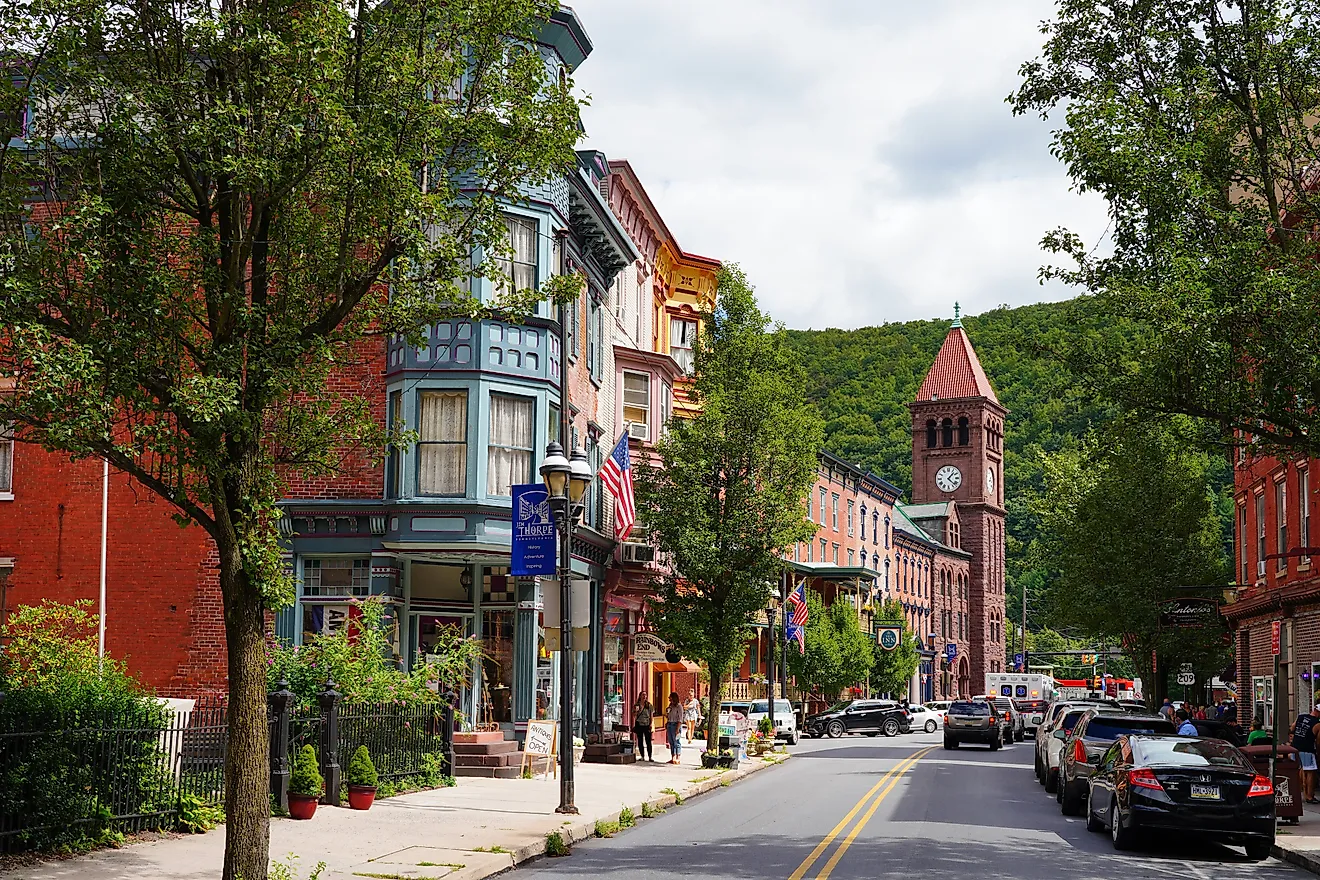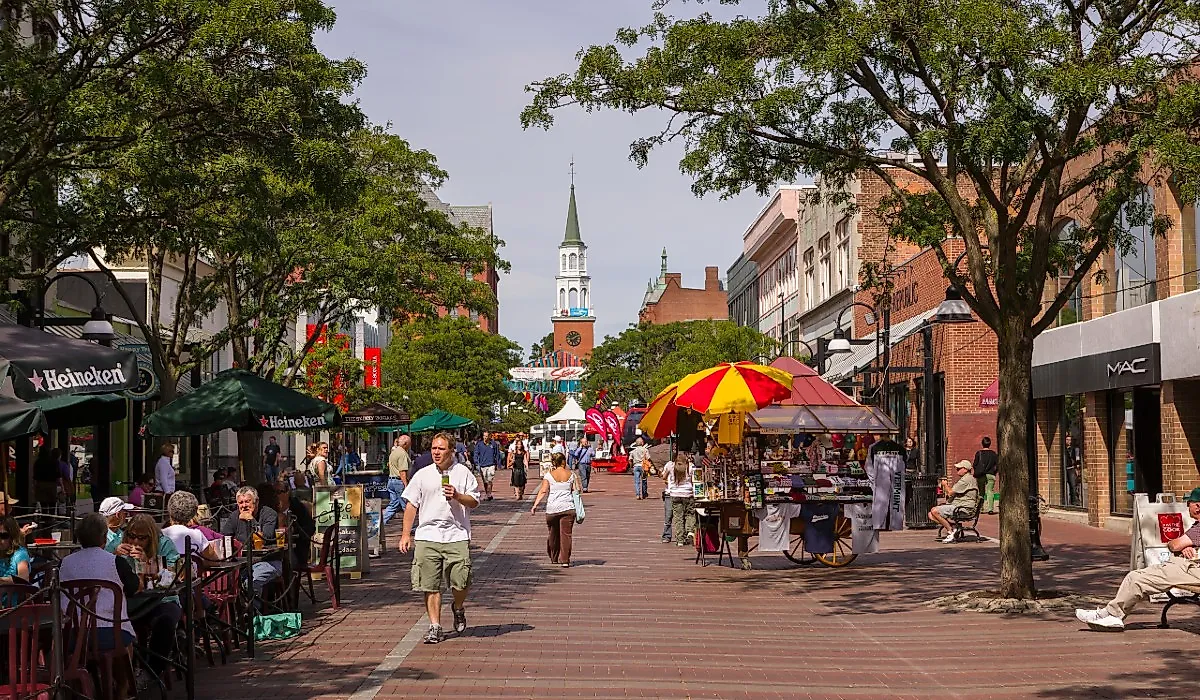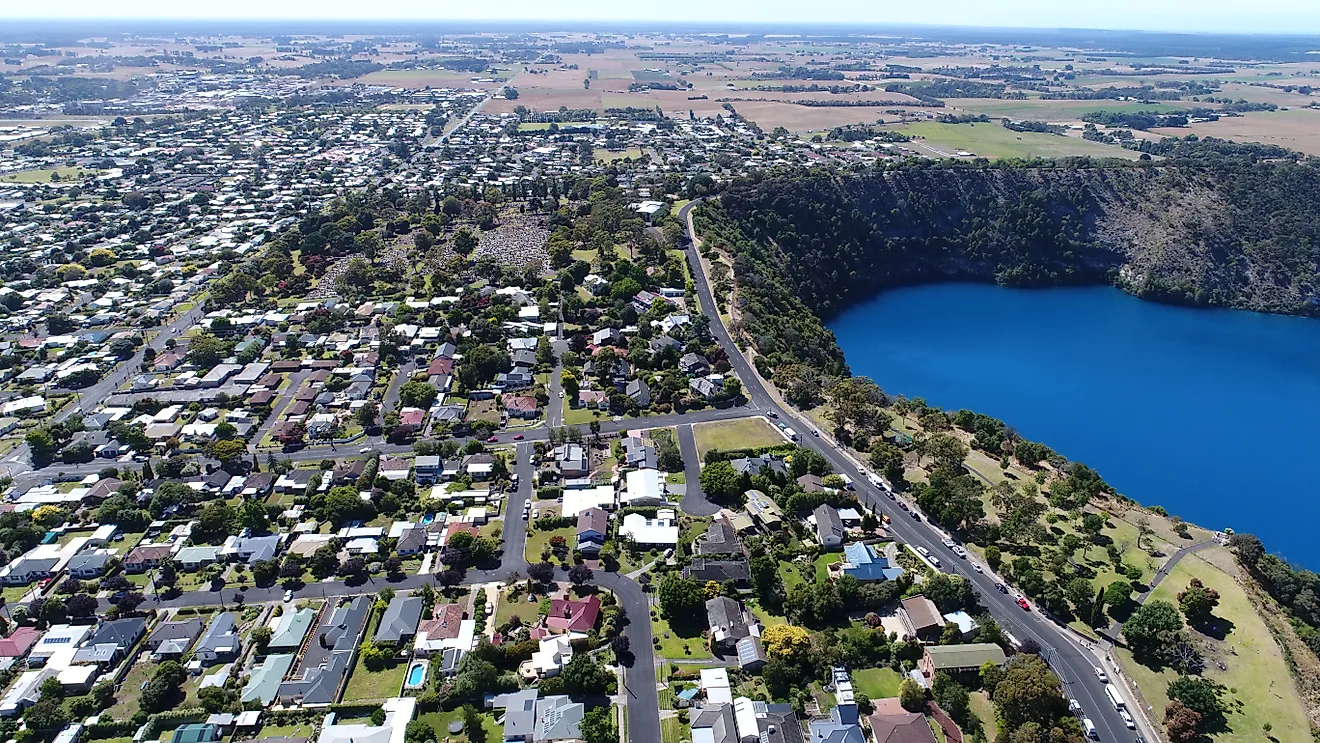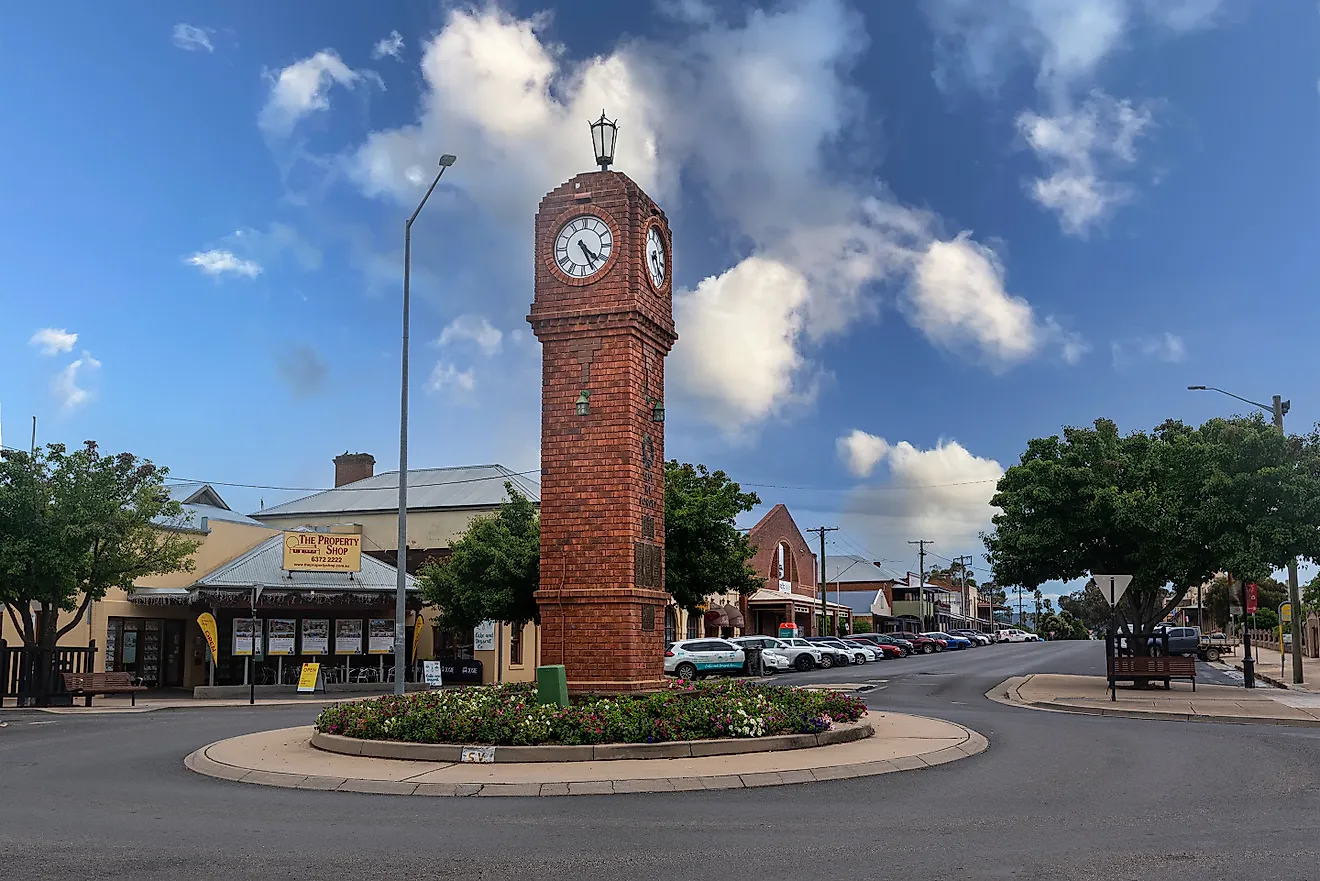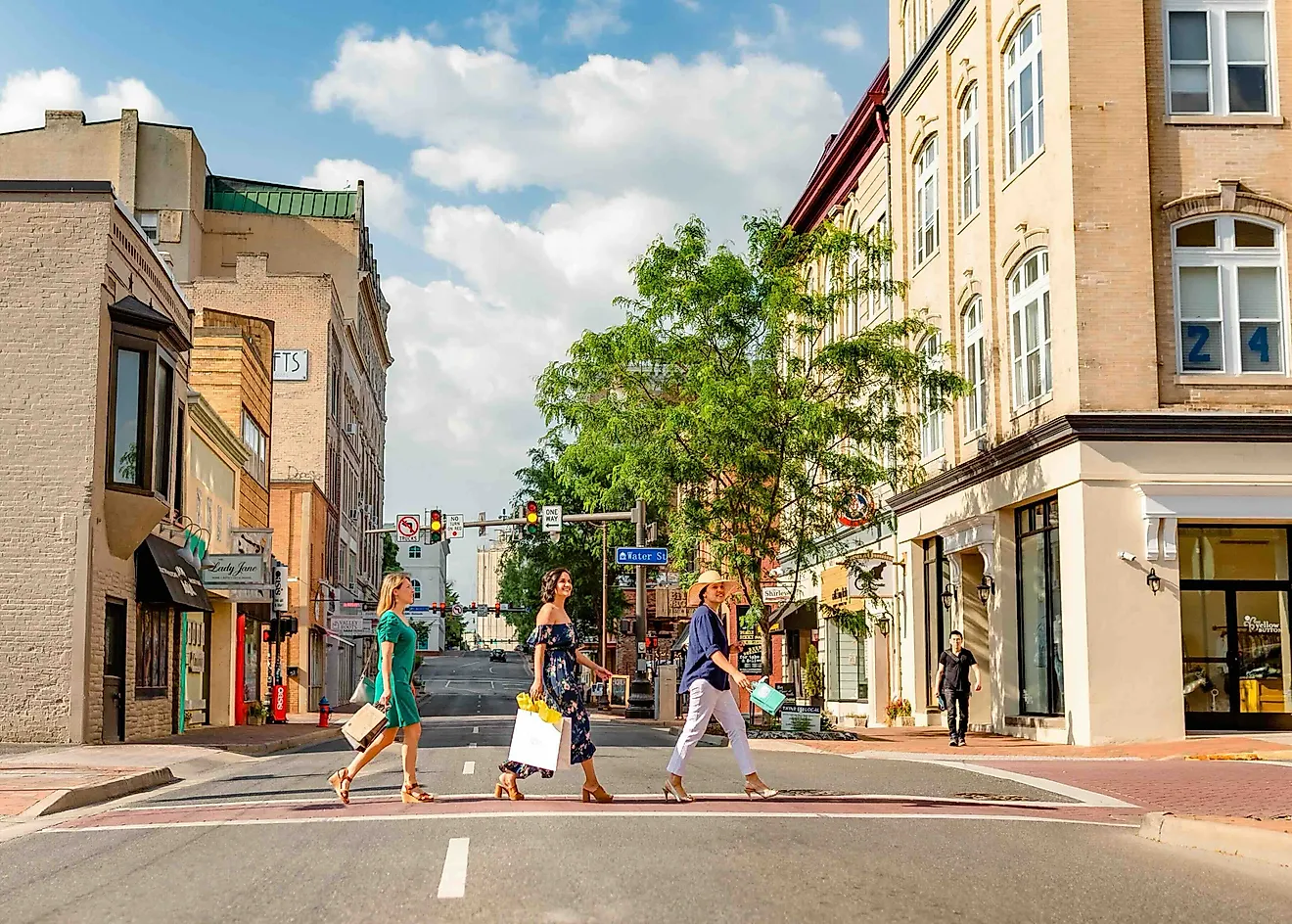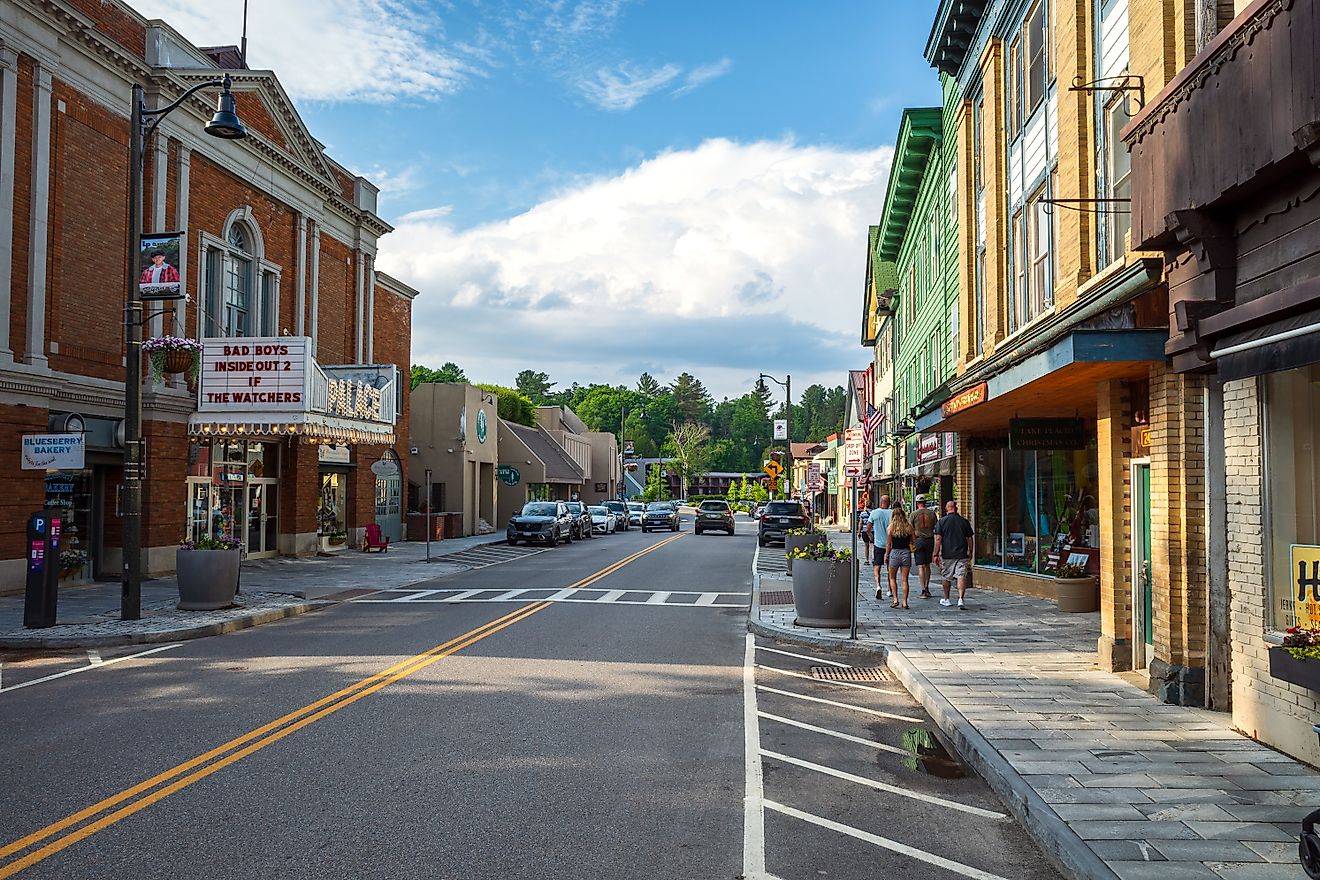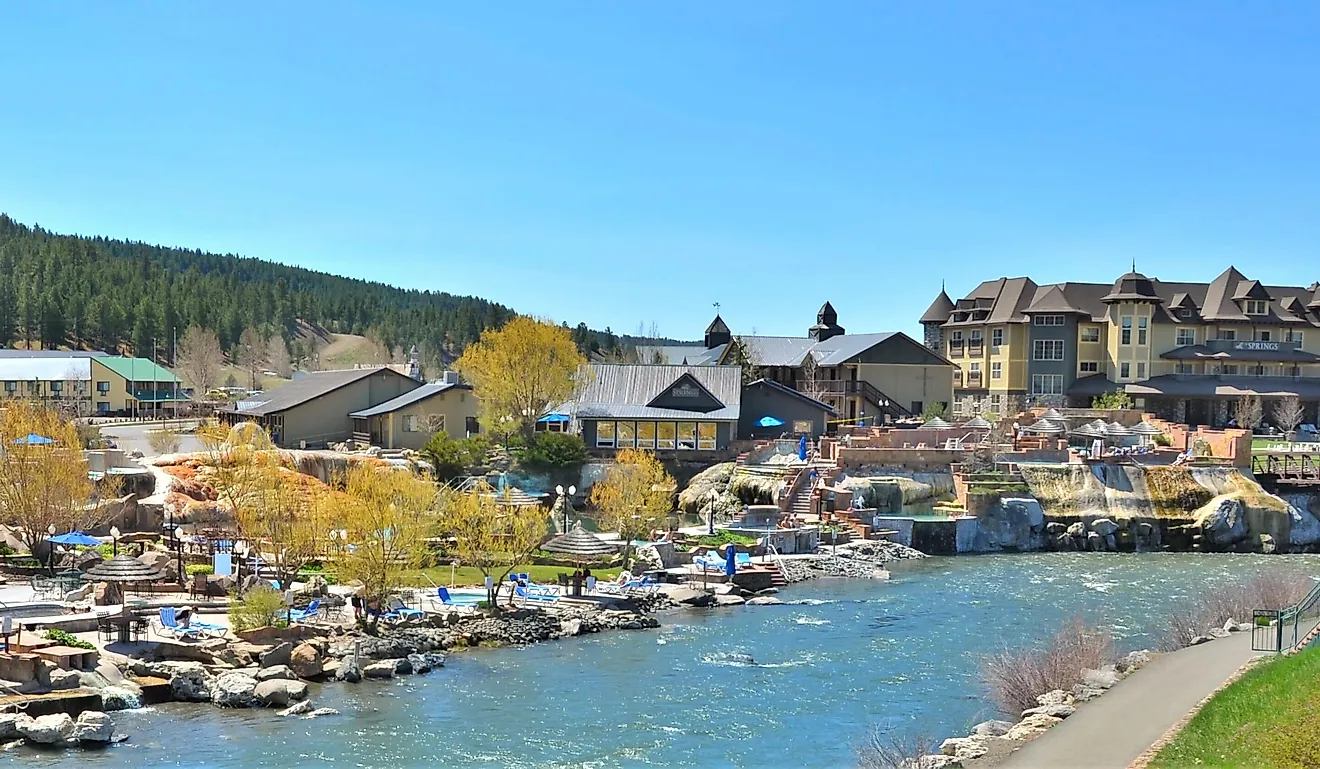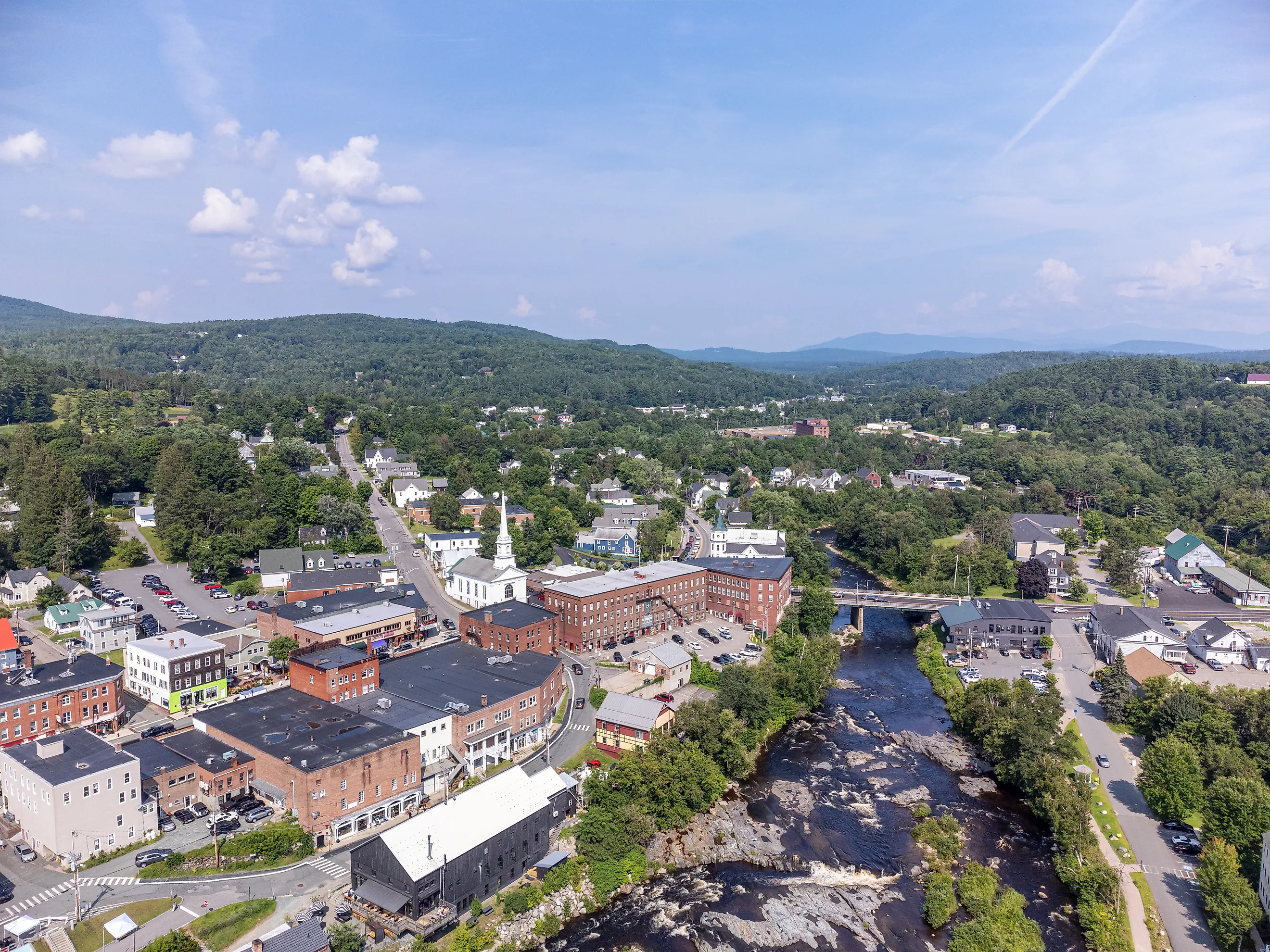
10 Best Places To Retire In New Hampshire
New Hampshire, the Granite State, offers retirees a clear blend of coastal life, lake access, and mountain gateways within short drives. From Portsmouth’s working waterfront and Federal Street galleries to the White Mountains approaches near Littleton and Plymouth, the towns detailed will deliver local arts, seasonal festivals, and ready outdoor options. Maple sugar celebrations and covered bridges cross scenic rivers, while fall foliage routes such as the Kancamagus Highway (Route 112) and the Connecticut River Valley invite day trips. Many communities also sit within reach of major medical centers, including Dartmouth-Hitchcock Medical Center in Lebanon, and maintain active senior centers and lifelong-learning offerings through local colleges. The towns below highlight New Hampshire communities where accessible healthcare, organized senior programming, walkable downtowns, and easy access to trails, lakes, and seacoast attractions come together to support retirement life.
Keene
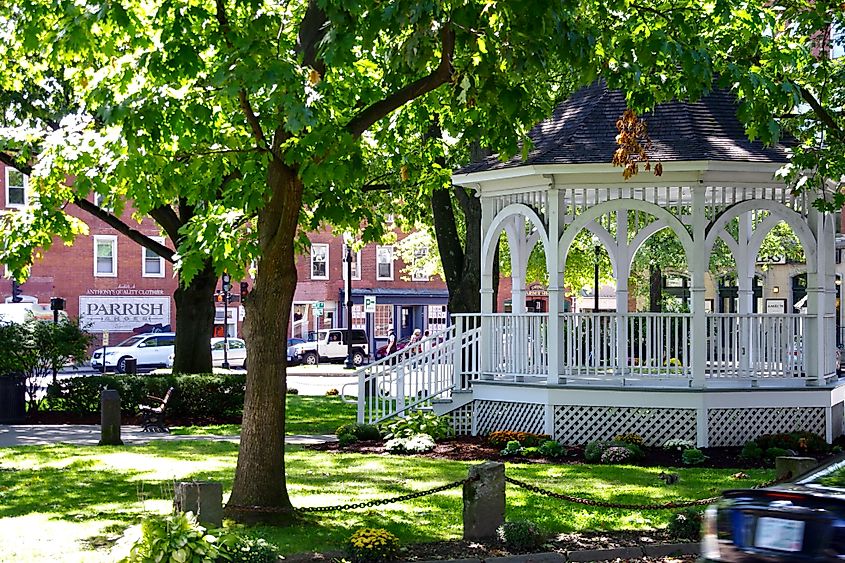
Keene is an energetic regional center that still feels manageable for retirees who want cultural offerings within short walks and an affordably priced home (median house price in Keene is $374,500). Strolls along the brick-lined Main Street lead to the historic Colonial Theatre, independent shops, and the seasonal Farmers’ Market of Keene, where local growers and artisans sell produce, baked goods, and crafts. For gentle outdoor activity, the Cheshire Rail Trail and Stonewall Farm provide easy walking routes and frequent community events.

Keene also has year-round programming at the Keene Senior Center, which runs luncheon programs, exercise classes, and volunteer opportunities that help new residents make social connections. Health care needs are met locally at Cheshire Medical Center, which provides primary, emergency, and specialty services within the city. Retirees who want live music, a close-knit arts scene, and frequent lectures or gallery openings will appreciate Keene’s calendar while keeping errands compact and walkable.
Concord
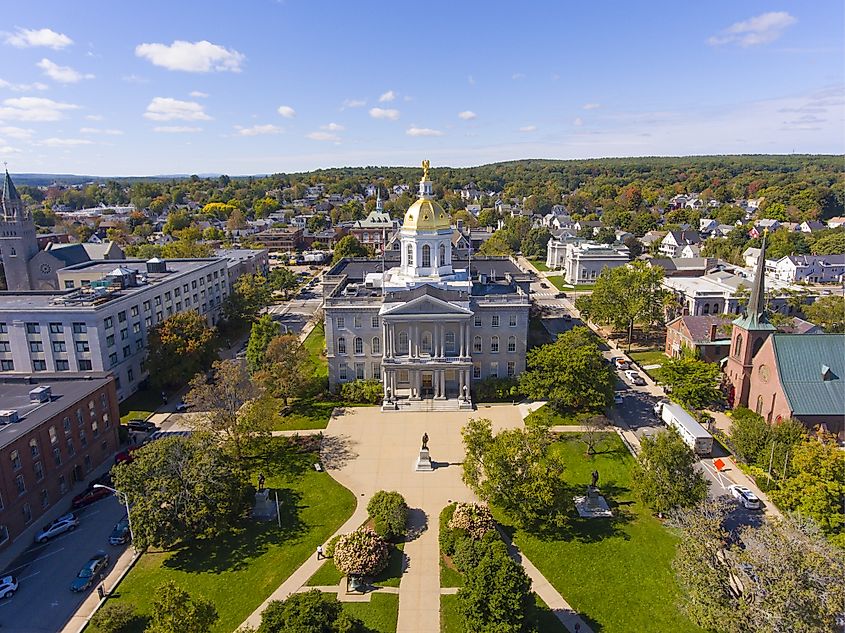
With a median home price of $470,000, Concord combines affordability and the conveniences of a state capital with neighborhood parks, river walks, and accessible arts venues. The gold-domed New Hampshire State House anchors downtown, while institutions such as the McAuliffe-Shepard Discovery Center offer planetarium shows and lifelong-learning lectures.
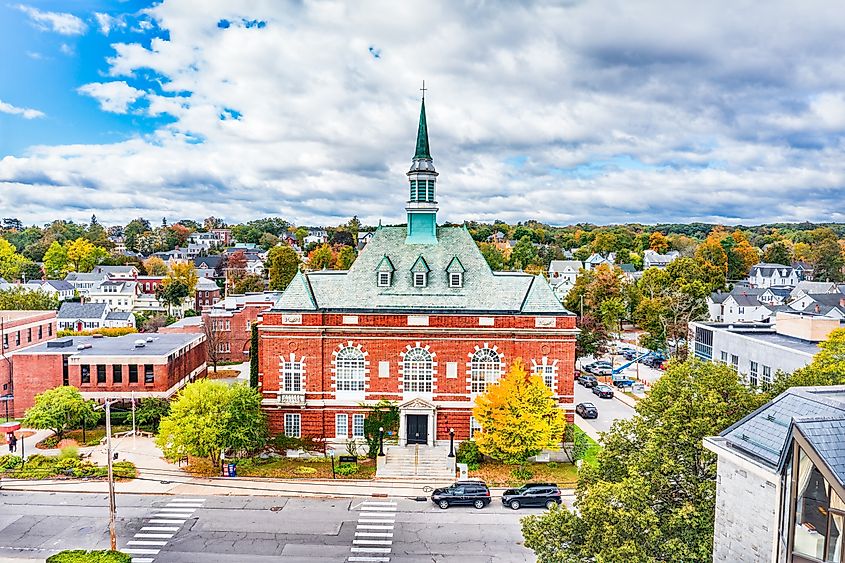
The Les Clark Nature Trail (now wheelchair accessible) and nearby parks provide gentle routes for daily walking, and Concord’s civic calendar includes plays and film series at the Capitol Center for the Arts. Older residents can plug into the city’s Senior Citizen Programs for coffee socials, Mah Jongg, and fitness classes that run at the City Wide Community Center. For hospitals and specialty care, Concord Hospital is a short drive and offers broad outpatient and inpatient services. Concord’s scale makes it easy to combine occasional urban amenities with quieter residential neighborhoods, and the city hosts volunteer and continuing-education opportunities tied to local colleges and civic groups.
Claremont

Claremont offers riverfront green space, a restored historic opera house, and many outdoor options that appeal to active retirees. The Claremont Opera House programs concerts, lectures, and classic-film nights, while the Sugar River Rail Trail invites walking, cycling, and birdwatching along converted rail corridors.
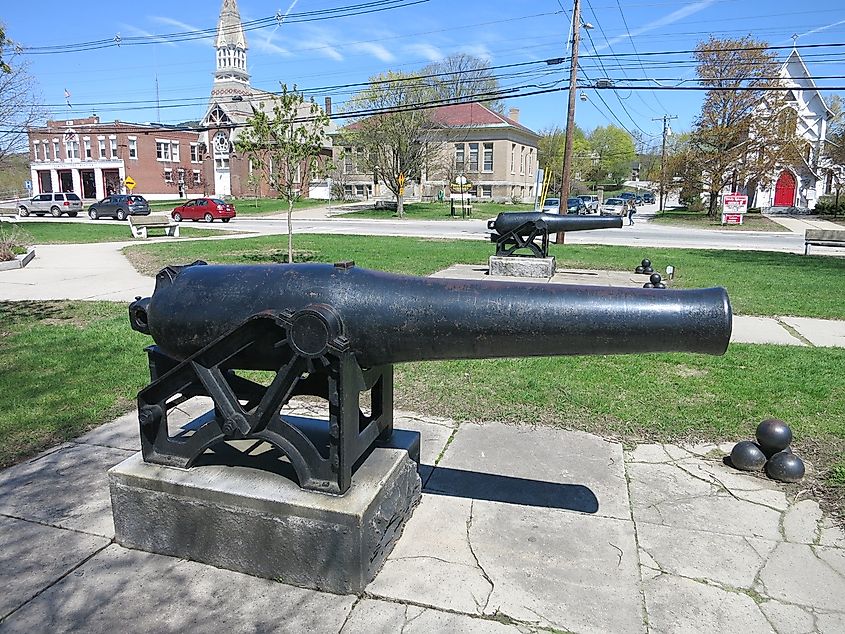
The city supports older residents through the Claremont Senior Center, which runs daily programs, meals, and social events aimed specifically at people aged 50 and over. For urgent care and hospital services, Valley Regional Hospital provides emergency, surgical, and outpatient specialties within the community. Claremont’s smaller scale means a lower median house price at $342,000, while errands and social activities often take place within neighborhoods, allowing retirees to keep routines simple and join volunteer opportunities at the opera house or festivals along the riverfront.
Plymouth
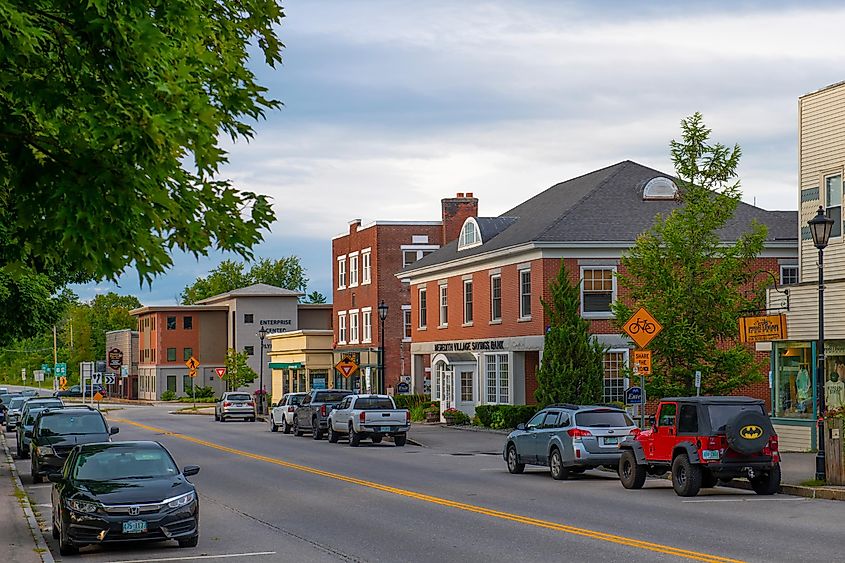
Plymouth blends a college-town cultural pulse with direct access to White Mountains trails and nearby skiing. Highlights include the Flying Monkey Performance Center, campus events at Plymouth State University, and scenic drives into Franconia Notch and the Pemigewasset watershed. For low-impact outdoor activity, the Rainbow Falls area and local walking paths provide accessible nature time.

Speare Memorial Hospital in Plymouth provides emergency and outpatient services close to town, and older neighbors gather through the Plymouth Regional Senior Center, which offers daily meals, fitness classes, and social programming. The presence of a university brings frequent public lectures, visiting artists, and library resources that are valuable for retirees seeking adult-education options. For retirees on a budget - the median house price is $442,000, well below New Hampshire’s average - who want a balance of intellectual programming and ready access to hiking or cross-country skiing, Plymouth serves as an excellent hub.
Somersworth
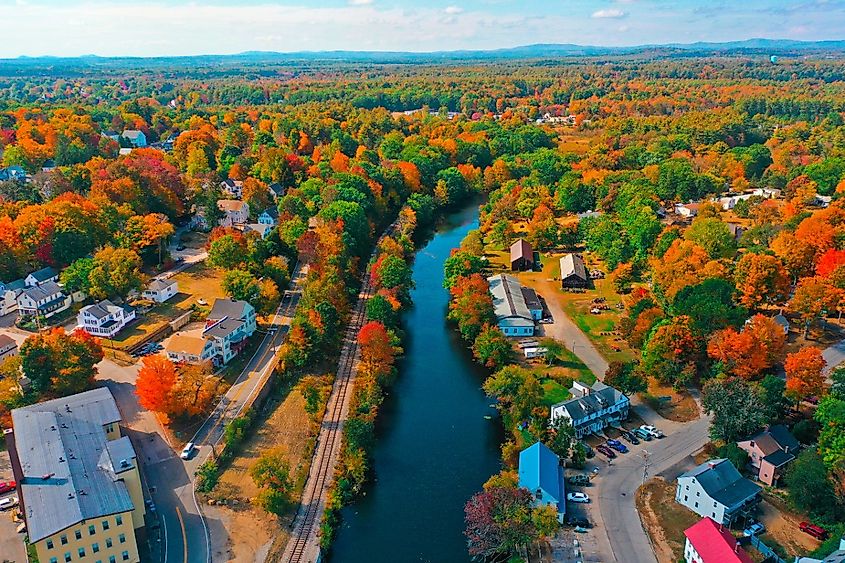
Somersworth is a small river city whose industrial past has given way to walkable neighborhoods, waterfront parks, and quiet residential streets. The prices of the homes in Somersworth fall below the state median at $435,000, allowing residents some extra budget for lifestyle choices. The Salmon Falls River and local trail networks invite daily walks, and the Somersworth Historical Society & Museum preserves local history and occasional community programs.
Social life for older adults centers on groups such as the Somersworth Senior Group, which meets weekly for coffee, conversation, and local outings, and the city’s recreation department runs 50-plus programs that include Hilltops 50+ Walking Club and gentle fitness classes. For medical care, Portsmouth-area hospitals and regional clinics are reachable by short drives, while urgent-care options are available within the city. Somersworth appeals to retirees who value a compact community where neighbors recognize one another at the farmers market and municipal programs are easy to attend.
Rochester
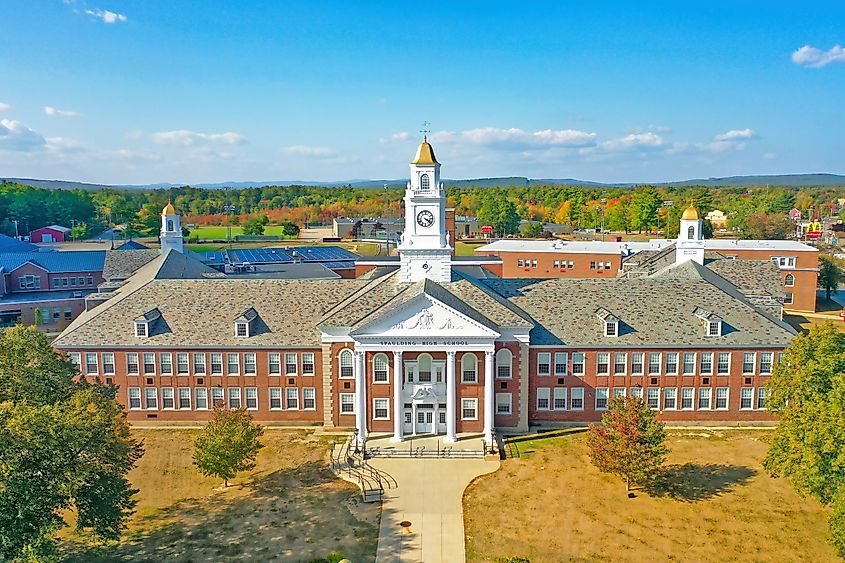
Rochester’s downtown supports a lively arts scene, public murals, and a restored Rochester Opera House that hosts concerts, plays, and film nights. The Rochester Historical Society & Museum and small galleries make cultural life easy to access, and riverside parks invite daily walks. The Rochester Area Senior Center and the city’s 50-plus recreation offerings provide fitness classes, drop-in groups, and social programming for older adults.
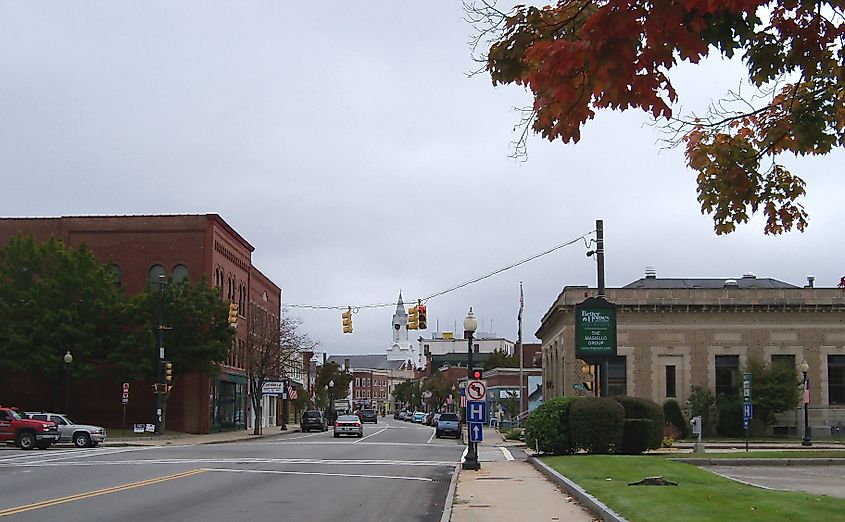
For health care, Frisbie Memorial Hospital offers a full range of services, including emergency care, outpatient clinics, and specialty providers, making Rochester a convenient base for retirees who want dependable medical access. Cost of living in Rochester is more affordable than in many spots in the state, with a median home price of $399,900. The combination of a robust downtown calendar and organized senior activities makes Rochester attractive for retirees who want regular social programming, arts events, and outdoor routes along local rivers and greenways.
Littleton
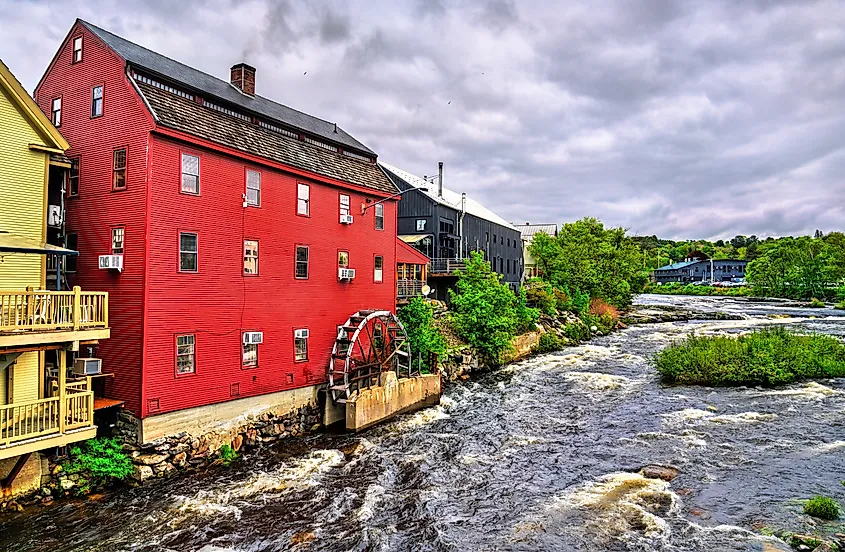
Littleton sits at the edge of the White Mountains and functions as an easy base for nature outings, from gentle riverfront walks to more ambitious day hikes. Main Street hosts antiques shops, local cafes, and seasonal festivals like their Great Pumpkin Challenge, while nearby attractions such as Flume Gorge and the Mount Washington Cog Railway are reachable for day trips. Medical services are provided by Littleton Regional Healthcare, and the Littleton Area Senior Center coordinates meals, transportation, and activities designed for older residents.
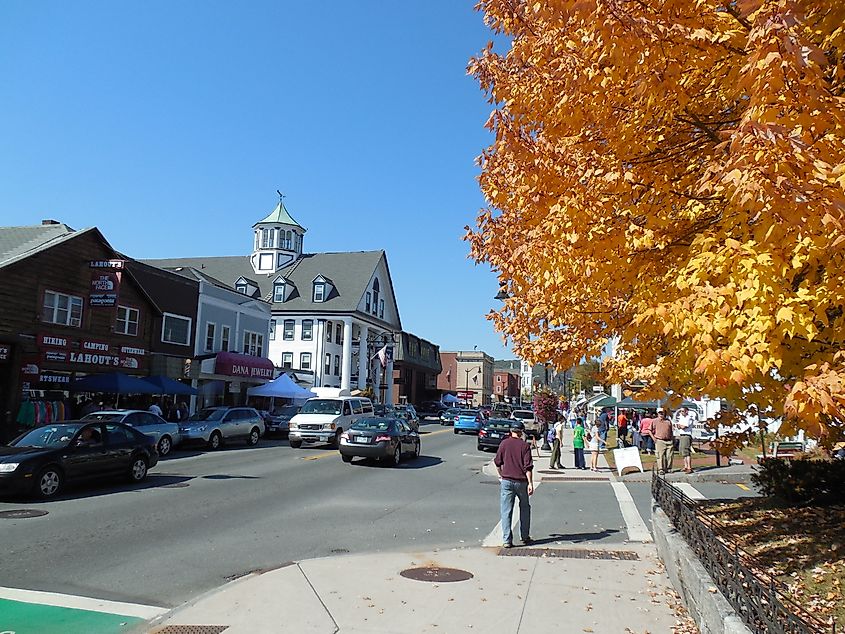
Local elder-and-human-services offices connect retirees to Meals on Wheels, volunteer opportunities, and evidence-based exercise classes. For those with whom budget is a larger consideration, Littleton’s home prices sit below the state median at $475,000. Littleton will suit retirees who want ready access to mountain scenery while keeping social life anchored in a compact, friendly downtown.
Berlin
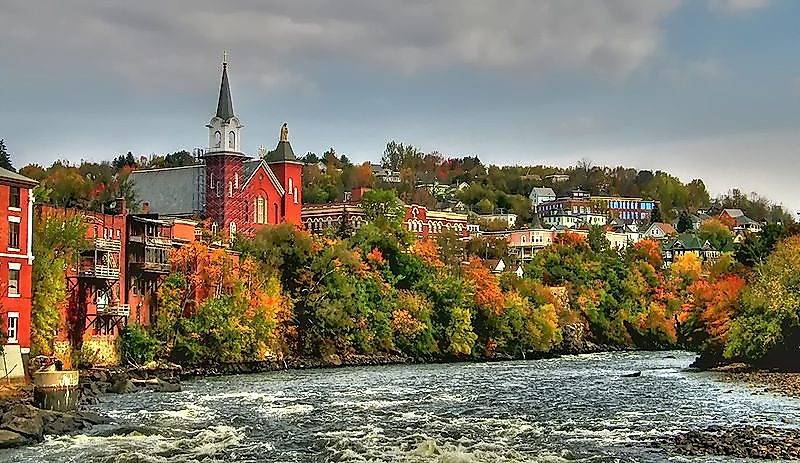
Berlin stands out among other towns on this list because of its extremely low median home price of $180,000. The city occupies a northern stretch of the state that serves outdoor lovers and people who prefer steady, community-scale living. The Jericho Mountain State Park and local trail systems provide hiking, ATV access, and seasonal events, while the Moffett House Museum and rotating farmers markets support calendar variety. Health services are centered at Androscoggin Valley Hospital, which supplies emergency and specialty care within the city.
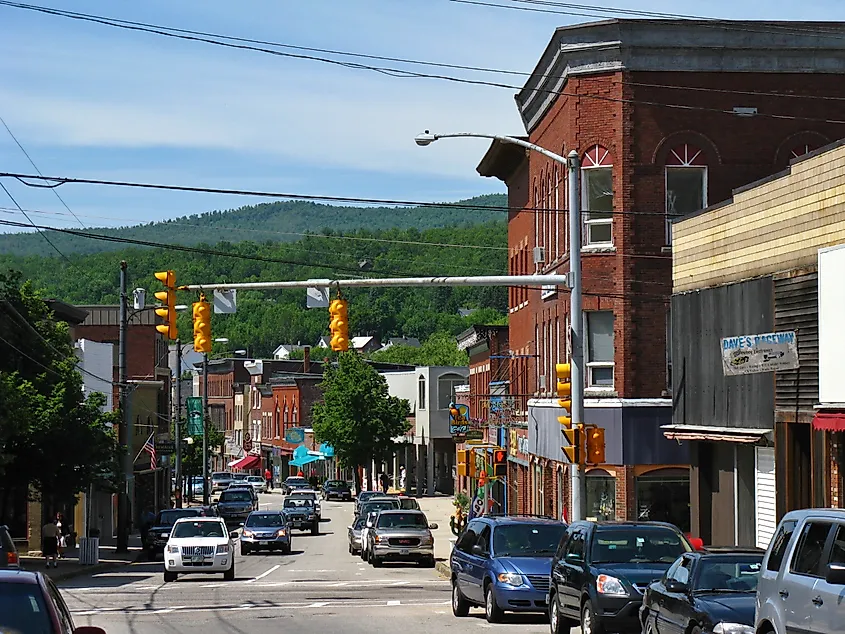
The Berlin Senior Center (Tri-County Community Action Senior Meals of Coos County) and related regional programs host line dancing, wellness workshops, and day trips, making it straightforward for retirees to build social networks and maintain mobility. Berlin appeals to retirees who favor proximity to the White Mountain outdoor corridor, year-round community programming, and lower housing costs than many southern New Hampshire towns.
Derry
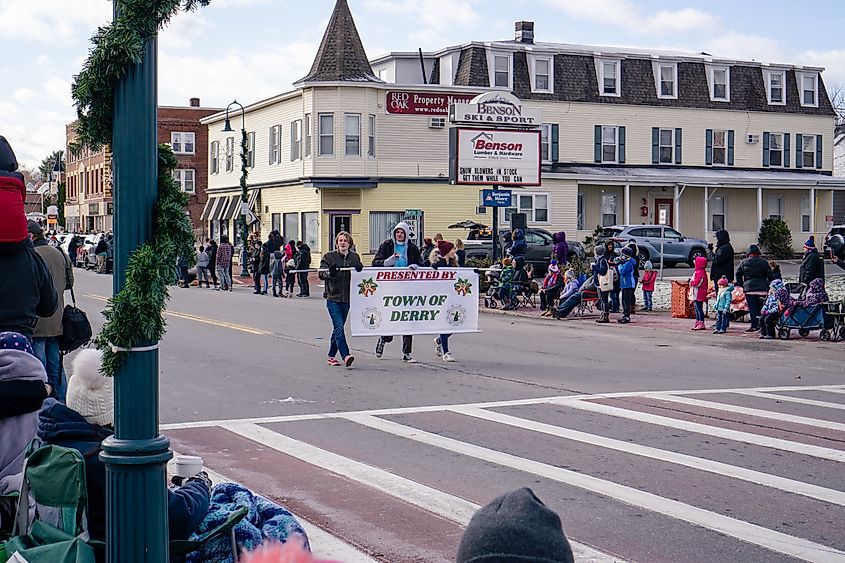
Derry’s median home price is the most expensive on this list at $500,000, but it still falls below the state median. The city offers a convenient location for retirees who want regional access, with commuting distances to larger medical centers and an active town calendar full of events. Historic sites, like the Derry Opera House and the Derry Homegrown Farm & Artisan Market, anchor downtown life, while local parks such as Hood Park provide waterside walking.
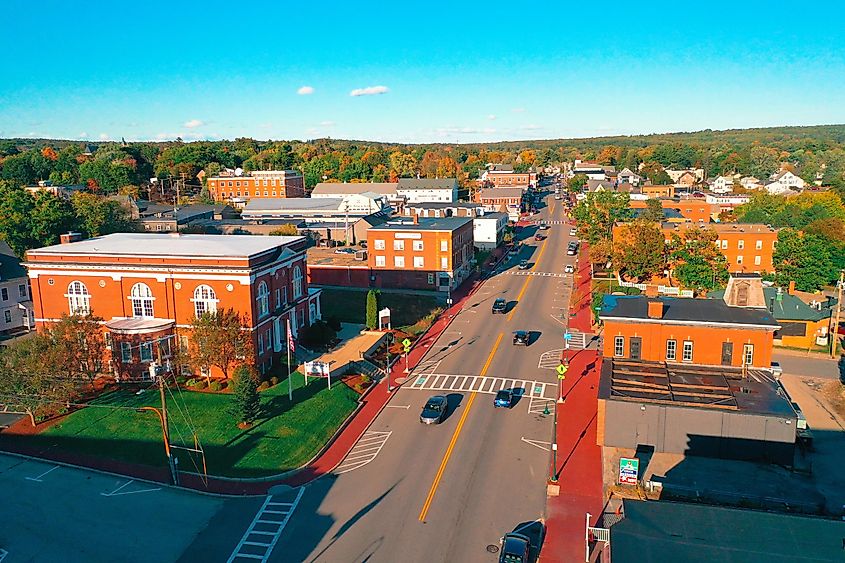
The town runs a comprehensive Senior Citizen Programs schedule that includes card groups, quilting, exercise, and social lunches, often held at the Marion Gerrish Community Center and Veterans Hall. Parkland Medical Center, located in Derry, provides emergency and inpatient care, making routine and urgent health needs accessible. For retirees planning frequent visits to coastal or Greater Manchester cultural resources while keeping a steady local social life, Derry combines convenience with ongoing seniors’ activities and easy park access.
Franklin
Franklin sits at a spot where rivers converge and offers a lively calendar of community events, plus nearby rail-trail access for walking and cycling. The restored Franklin Opera House and local museums deliver seasonal programming, while Webster Lake and the Northern Rail Trail provide low-impact outdoor options for daily exercise.

Health services are available at Concord Hospital, Franklin, part of the regional network that maintains hospital and outpatient services close to town. For social connection, Franklin’s municipal senior programs list regular fitness classes, a blood-pressure clinic, and community luncheons hosted at the Bessie Rowell Community Center, operated by Franklin Parks and Recreation, helping older adults stay active and connected. The combination of cultural offerings, multiple greenways, and accessible health care makes Franklin an appealing place for retirees who prefer living near lakes, trails, a supportive set of municipal senior services, and a median house price well below the state median at $389,000.
Plan Your New Hampshire Retirement
New Hampshire gives retirees direct access to seacoast walks, lake mornings, and mountain trailheads within short drives, and its towns present distinct daily rhythms. Attend a performance at the Colonial Theatre or Rochester Opera House, browse the Farmers’ Market of Keene or the Derry farmers market, and walk sections of the Cheshire Rail Trail or the Northern Rail Trail for exercise. Local senior centers, such as the Keene Senior Center and the Plymouth Regional Senior Center, host classes, luncheons, and volunteer programs that build social networks. Reliable medical access through Dartmouth-Hitchcock Medical Center, Concord Hospital, and regional hospitals makes care convenient. These communities pair accessible health care, active senior programming, and easy outdoor access to support an engaged retirement life.

